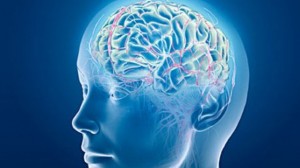What if brain scans could predict whether someone was more vulnerable to relapse?
 In addiction recovery, relapse is most often caused by external cues and stress that act as triggers for cravings. New research is finding the area of the brain that might be responsible for why some recovering addicts are more vulnerable to relapse than others.
In addiction recovery, relapse is most often caused by external cues and stress that act as triggers for cravings. New research is finding the area of the brain that might be responsible for why some recovering addicts are more vulnerable to relapse than others.
A study, published in JAMA Psychiatry, found that recovering addicts who had elevated activity in the region of the brain known as the ventromedial prefrontal cortex or vmPFC (even when relaxed) were eight times more likely to relapse within 90 days than those whose vmPFC activty was lower when they were relaxed. (Healthland.time.com)
The study monitored the brain activity of 45 recovering alcoholics, who were in a 12 steps AA program, and had been sober for four to eight weeks. The researchers studied each person during three different types of experiences: a stressful one, one that involved a common trigger to drink, and a relaxing one. Personalized video experiences were created for each person to watch during an MRI brain scan. The brain activity patterns were then compared to 30 social drinkers of similar age, intelligence and gender who were not in recovery. Read more →






